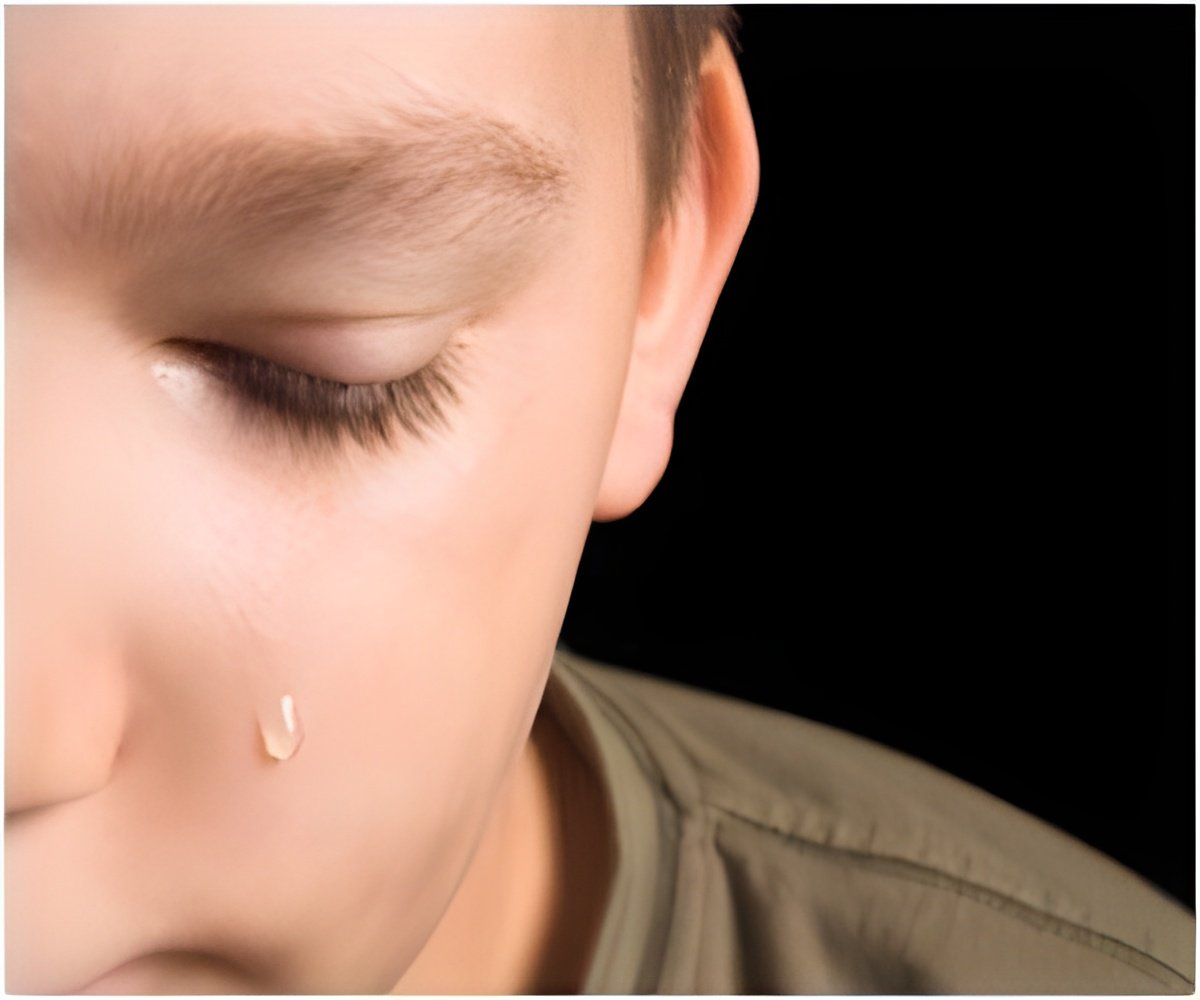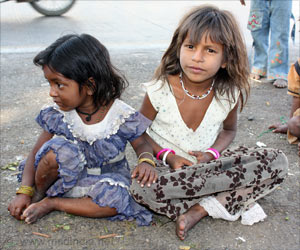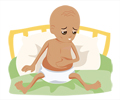Persistent poverty affects one in five UK children. Persistent poverty is associated with poorer mental, social and behavioral development in children. Ending child poverty should become a policy priority to ensure that UK children achieve their full potential.

‘Persistent poverty is associated with poorer mental, social and behavioral development in children and is affecting one in five UK children. Ending child poverty should become a policy priority to ensure that UK children achieve their full potential.’
Read More..




Child poverty is rising in the UK. In 2016-17, 30% (4.1 million) children were reported to be living in poverty, up from 27% in 2010-11. By 2023-24, the proportion living in relative poverty is on course to hit 37%, affecting an extra 1.1 million children.Read More..
Persistent poverty is associated with poorer mental, social, and behavioral development in children, as well as worse educational outcomes, employment prospects, and earning power into adulthood.
What's less clear is whether specific patterns of exposure to poverty have different effects on adolescent physical and mental health. To explore this further, a team of UK researchers analysed data on 10,652 children from the UK Millennium Cohort Study, a large nationally representative sample of babies born between 2000 and 2002 who have been tracked throughout childhood.
Poverty (defined as less than 60% of average household income) was measured at 9 months, and at 3, 5, 7, 11 and 14 years of age.
Mental health was measured using a validated questionnaire; physical health was measured by obesity (BMI); and parents were asked to report any longstanding illness when their child was 14.
Advertisement
After adjusting for the mother's education and ethnicity, the researchers found that compared with children who never experienced poverty, any period of poverty was associated with worse physical and mental health in early adolescence.
Poverty in early childhood was also associated with a higher risk of obesity in adolescence than in late childhood, while mental ill health and longstanding illness were more strongly associated with poverty in late childhood.
This is an observational study, and as such, can't establish cause. What's more, some measures were based on parents' self-report, so may not have been completely accurate, while missing data may also have affected the results, say the researchers. But they point out that this is a large, nationally representative study, rich in data on family characteristics, added to which the findings are consistent with those of other similar studies.
They warn that the impact of rising levels of poverty on children's mental health "is likely to have profound implications for social policies and their associated social costs, given mental health tracks from early life to adulthood." And they call for "a renewed commitment" by the UK government to prioritize ending child poverty. Health professionals "are well-placed to argue that policies and services in the UK should fulfill our moral and legal responsibility to ensure that every child is able to achieve their full potential," they suggest.
Source-Eurekalert










